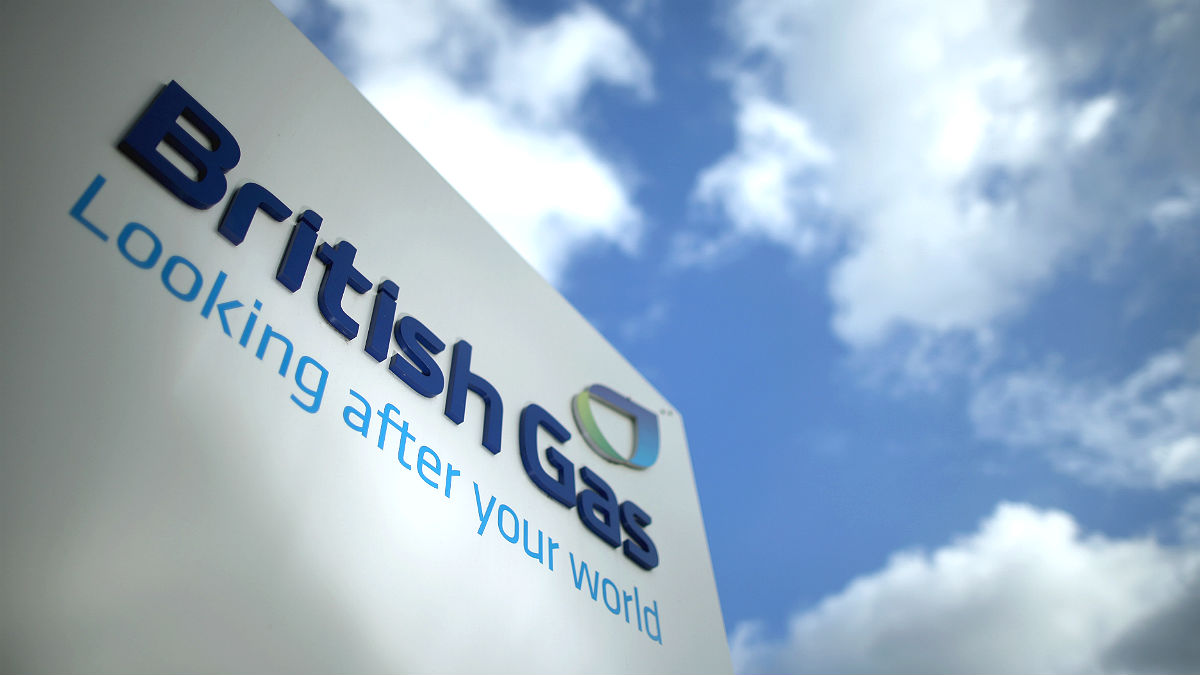British Gas: D-day looms large for owner, Centrica
Competition probe one of many challenges for utility giant, which has had to slash its dividend

A free daily email with the biggest news stories of the day – and the best features from TheWeek.com
You are now subscribed
Your newsletter sign-up was successful
by Steven Frazer, Shares magazine
Energy group Centrica will soon to find out just how sharp are the teeth of the Competition and Markets Authority (CMA). The watchdog has been investigating the UK gas and electricity supply industry for several months, amid allegations of excessive profits and market abuse. The CMA will release its provisional findings tomorrow, and the report could have wide-reaching implications for the British Gas-owner, and one of the UK's 'big six' suppliers.
'The CMA has the power to impose significant change on the market although how far it will actually go is extremely uncertain,' says Cantor Fitzgerald utilities analyst Adam Forsyth. 'It may even conclude that there is nothing to do.' Recent speculation suggest the latter may be close to the truth. A Financial Times article recently suggested that the big six UK energy retailers are likely to be cleared of accusations of excessive profits and market abuse.
The Week
Escape your echo chamber. Get the facts behind the news, plus analysis from multiple perspectives.

Sign up for The Week's Free Newsletters
From our morning news briefing to a weekly Good News Newsletter, get the best of The Week delivered directly to your inbox.
From our morning news briefing to a weekly Good News Newsletter, get the best of The Week delivered directly to your inbox.
British Gas's market share is estimated at 30.2 per cent of the UK dual fuel market, with around 7.3 million customers. That's twice the size of the next biggest competitor, SSE, and provides clear evidence that the fewer changes to the status quo the CMA suggests, the better Centrica will like it.
But the company faces other challenges, such as low wholesale gas prices, climate change issues, new competition and emerging technology. After the warmest year of record (2014) and a stunning collapse in oil and gas prices, annual profit slumped by more than a third in 2014, while operating profit at British Gas fell 20 per cent to £823 million, causing the group to slash its dividend by 30 per cent.
Trading in the early part of 2015 has seemingly improved, according to a trading update on 27 April that flagged a 10 per cent rise in gas consumption, partly due to cooler than usual temperatures. Yet these limited improvements will be more than offset by lower commodity prices.
With capital investment and production costs being squeezed, chief executive Iain Conn faces increasing pressure to find long-term solutions to the group's many problems. Some City analysts even think there is a real chance of a dramatic break-up of its upstream supply and downstream production assets. Conn is expected to reveal the findings of his own group-wide strategic review alongside half-year results due on 30 July.
A free daily email with the biggest news stories of the day – and the best features from TheWeek.com
